Description
Overview
Zinc is an essential trace mineral important to many functions of human health. It plays a role in maintaining cellular metabolism and gene expression. Zinc is critical to a diverse group of physiological processes, such as immune function, insulin signaling, tissue repair, vision and neuro-transmission. It is second only to iron in worldwide incidence of deficiency, impacting 2 billion people in developing nations. Due to the wide range of functions regulated by zinc, deficiency, or even marginal deficiency, can have serious health implications.
Zinc is fundamental to the activity of over 100 enzymes and supports immune function, protein synthesis, tissue growth, DNA synthesis and cell division.1-5 During pregnancy, infancy and childhood, the body needs zinc for proper growth and development.6-9 Zinc also helps tissue repair and is important for adequate functioning of the senses of taste and smell. Daily intake of zinc is necessary to maintain adequate levels within the body because the body has no specialized zinc storage system.10
Bioavailability†
The importance of bioavailability is obvious. If consuming a zinc supplement has little effect on improving the body’s zinc balance, there is no reason to ingest it. Signs of inferior mineral supplements include the use of cheap, poorly absorbed, rocksalt minerals. Reacted Zinc is formulated with the superior amino acid chelate form, zinc glycinate, which does not ionize in the gut and therefore is not impacted by dietary factors and is absorbed at a higher rate than those formulated with zinc salt forms (See Figure 1).
Comparison studies have shown significantly superior absorption of mineral chelates compared to other mineral forms. • Chelated zinc is 230% better absorbed than zinc sulfate • Chelated zinc is 390% better absorbed than zinc oxide • Chelated zinc offers greater protection from interfering dietary factors
Immune Function†
Mild to moderate zinc deficiency impacts immune function.11 by slowing down the activity of macrophages, neutrophils, natural killer cells, and complement activity.12 Individuals with low zinc levels have shown below- normal immune activity that can be corrected by zinc supplementation.12-13 Low zinc status has been associated with increased risk of immune challenges that benefit from improving zinc levels.14-17
Tissue Growth†
Zinc plays a role in maintaining the integrity of skin and mucosal membranes.12 Patients with skin weakness have been observed to have abnormal zinc metabolism and low serum zinc levels.18 Many clinicians have used zinc to benefit patients with thin, fragile skin.19
Eye Health†
Researchers have demonstrated that both zinc and antioxidants support eye health in those with age-related loss of visual acuity and general visual decline, by preventing free radical cellular damage in the retina.20-21 One population-based cohort study suggests that high dietary intake of zinc, as well as beta carotene, vitamin C and vitamin E, was associated with added support for eye health in elderly subjects.22
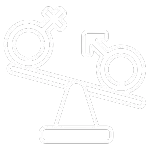
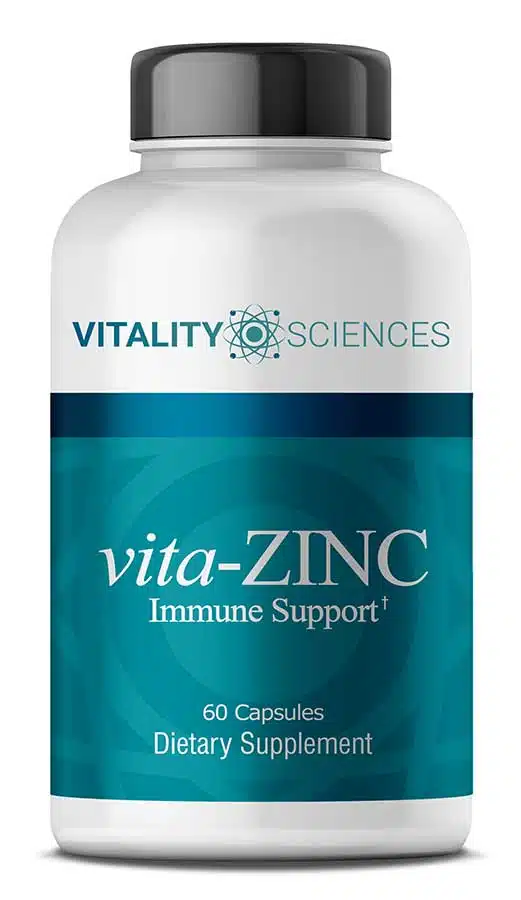
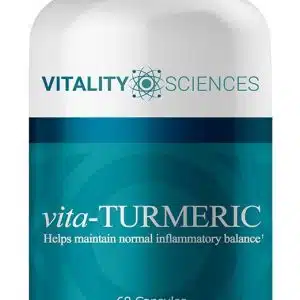
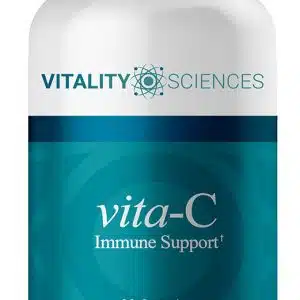
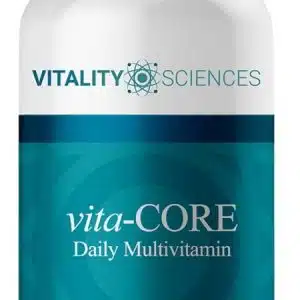
Reviews
There are no reviews yet.